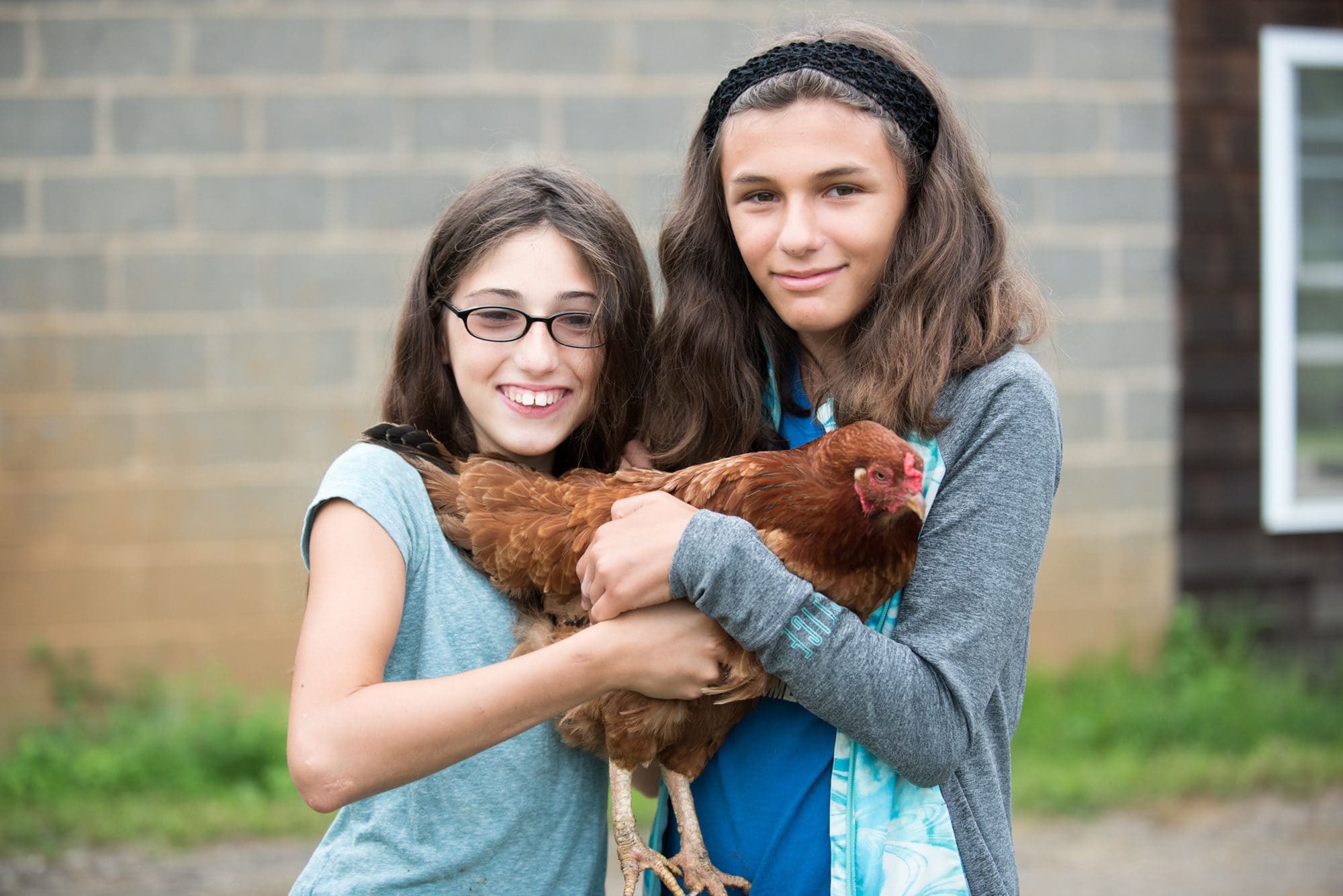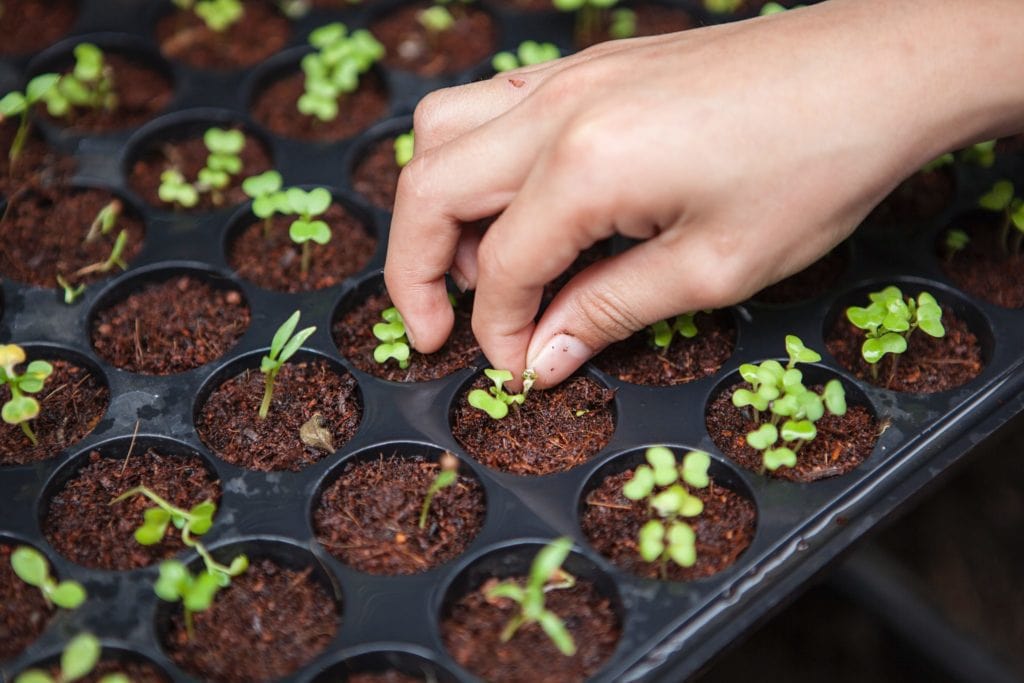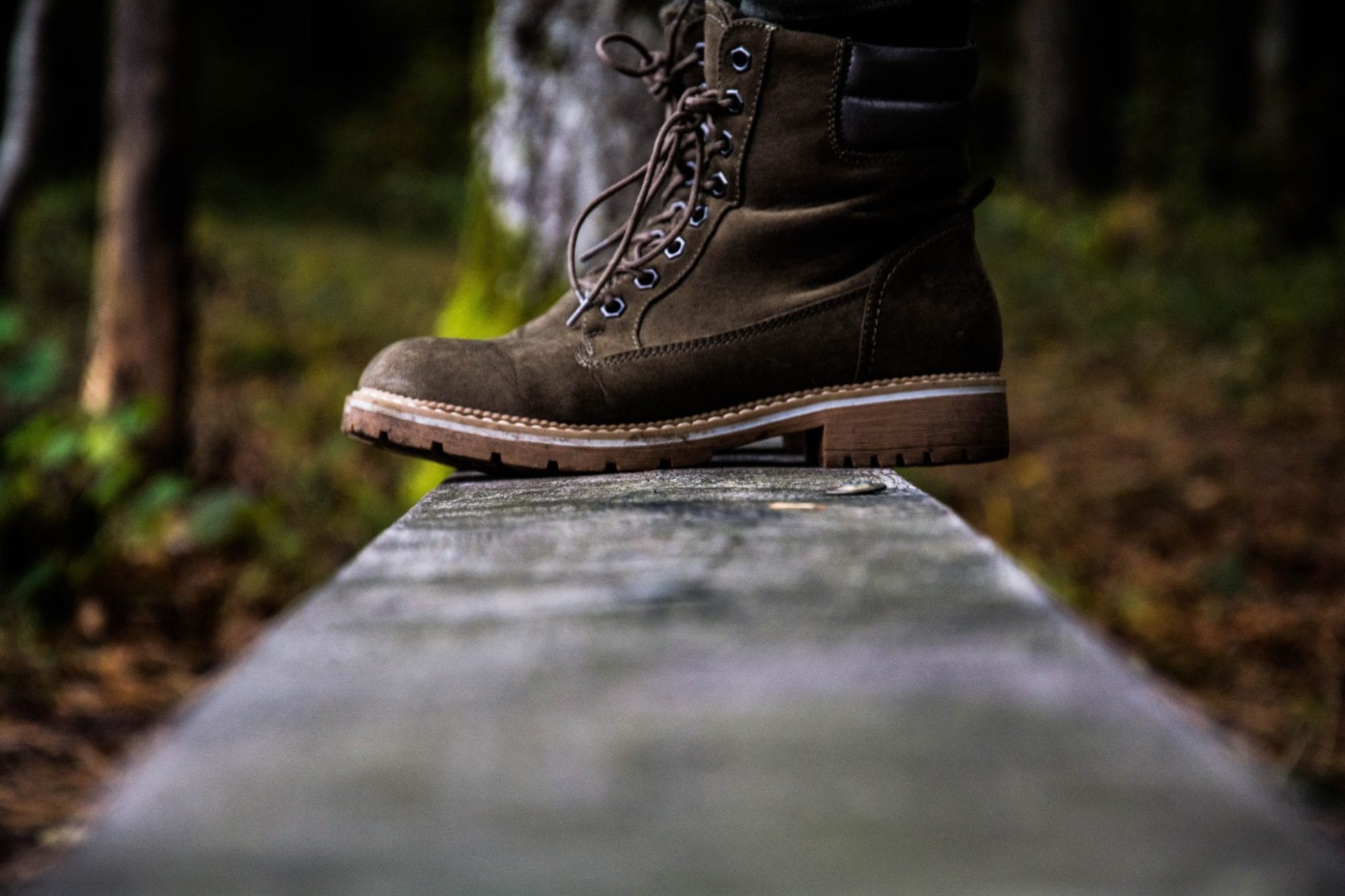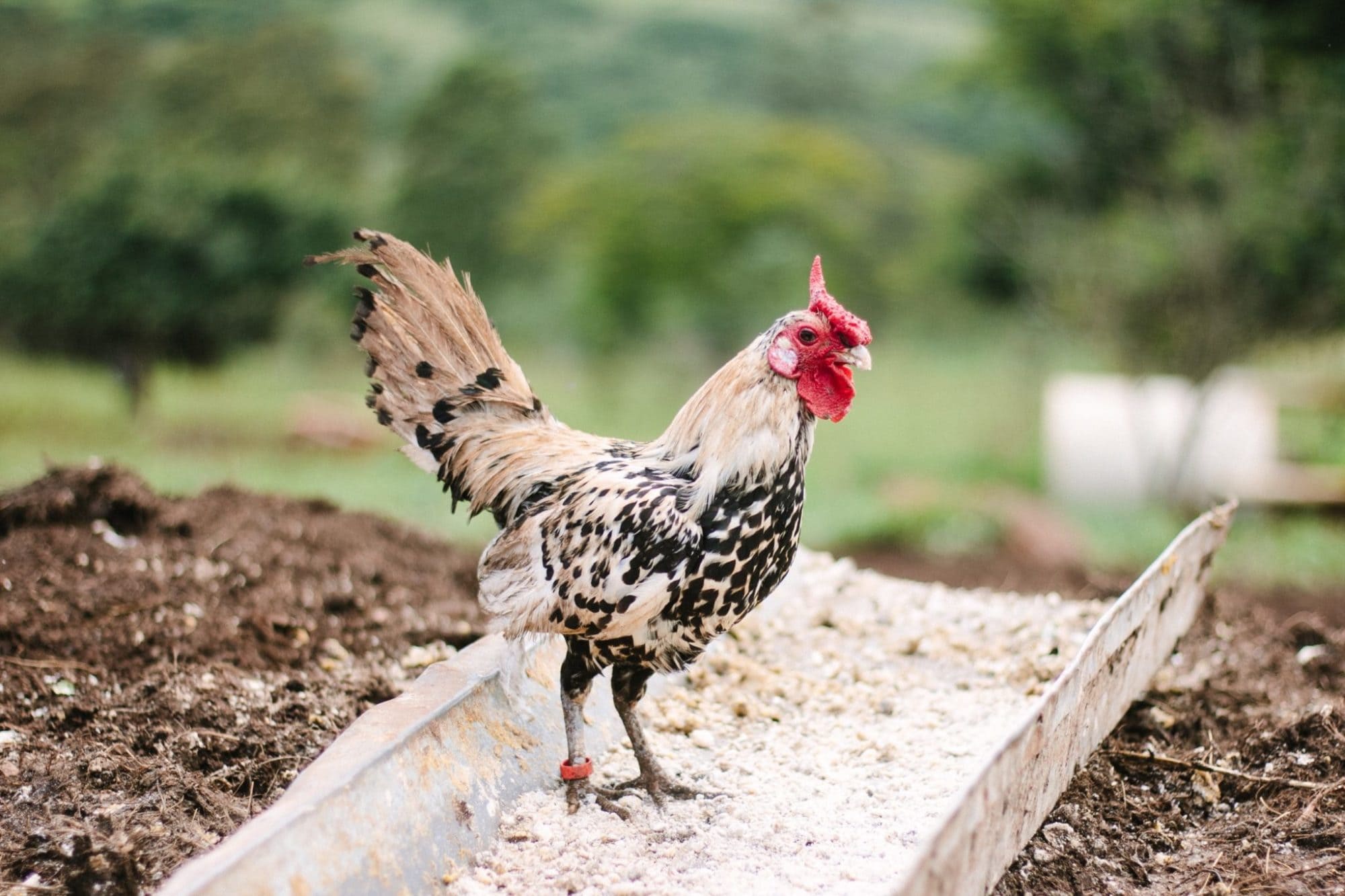We run hands-on, outdoor science and nature classes right here at the farm! Classes are taught by highly qualified, enthusiastic instructors which provide groups of ten students or less with a unique opportunity for hands-on, experiential learning about nature, ecology, and agriculture in the forests, meadows, ponds, farm fields and streams of Fernbrook Farms.
The year is divided into three 8-week semesters (fall, winter and spring) with a 3-week semester between fall and winter. You can register for one semester or all 4! Each class is two hours long and each semester includes a variety of curriculum topics that highlight the varied ecosystems of the farm. Past curriculum topics include the water cycle(sample curriculum below), survival skills, forestry, and the animal kingdom to name a few.




